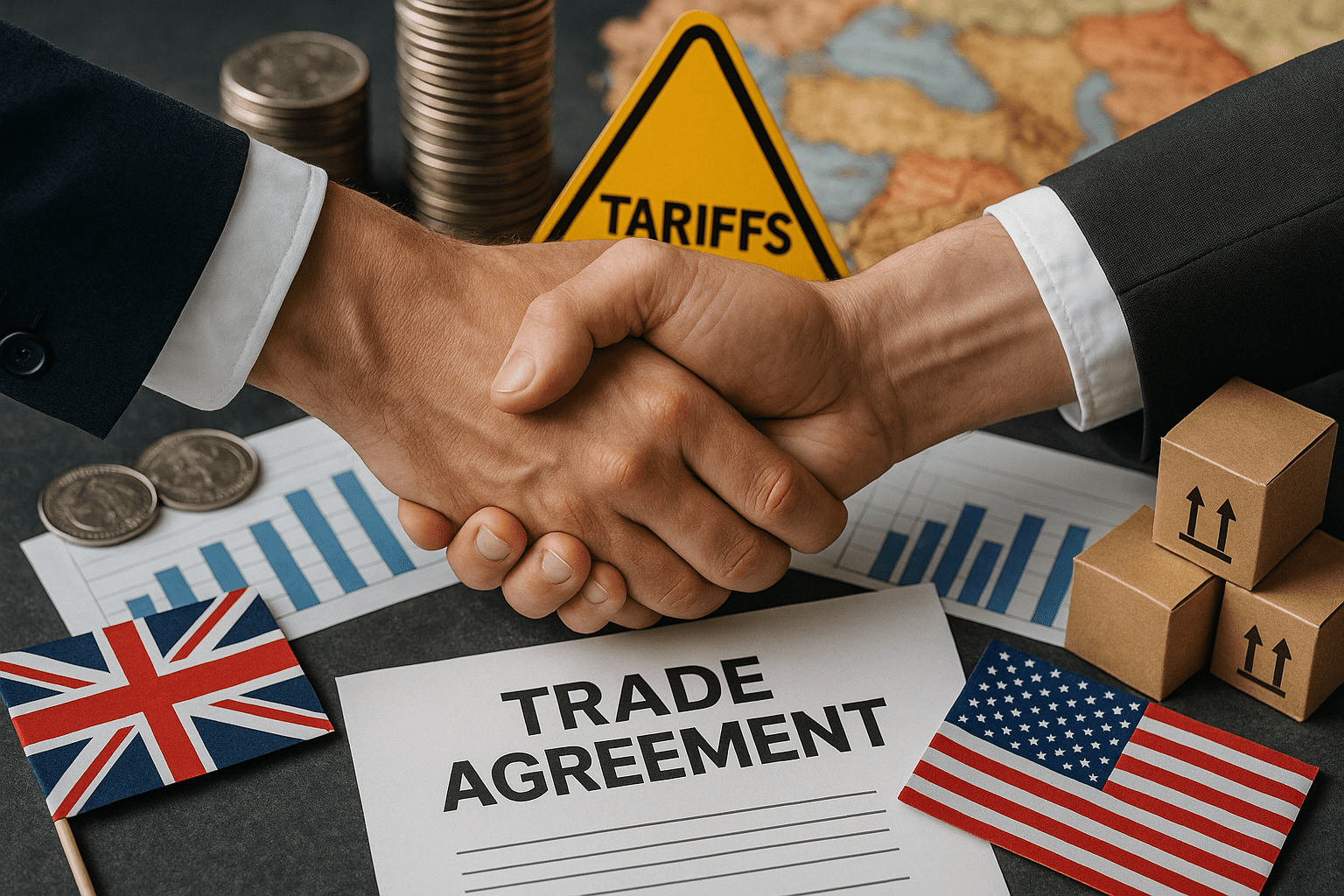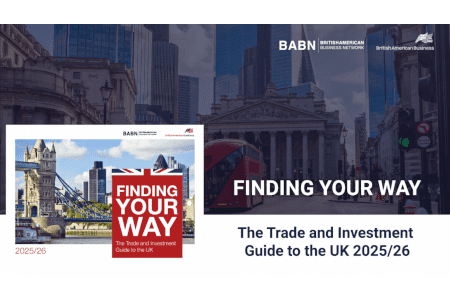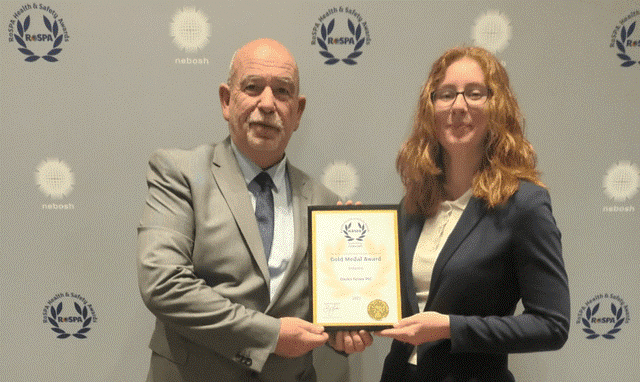Recent years have been fraught with a series of extreme situations that have brought extremely dynamic changes, affecting every aspect of the market. A pandemic, a trade war between the US and China, Brexit, and the war in Ukraine have shaken the previously well-established ways of international trade. These events have shown how highly interdependent and interconnected economies are in a complicated network of trade relationships.
Reducing transactional risk
Trade is a complex and dynamic industry, encompassing a wide range of operations, from sourcing goods from producers and manufacturers, to negotiating contracts with buyers, to managing the logistics and shipping of those goods. The right approach requires not only knowledge of international trade laws and regulations, but also the ability to anticipate market trends. This is crucial in order to make decisions about buying or selling goods at the best time and most favourable price.
“Due to fluctuations in demand and supply levels, raw material prices are constantly changing. It is important to keep in mind the many factors that affect the price, i.e. weather phenomena, exchange rate changes, global economic growth or transportation and storage costs. It is worth keeping in mind the risks involved in making transactions, as the price of a commodity can change in just five seconds. However, the risk is inherent in any business”, says Lukasz Klazynski, Partner at trading company Foodcom S.A.
Mutual benefit
Effective commodity trading plays an essential role in the global economy, providing producers, exporters, importers and consumers access to products that a country is unable to produce (e.g. for climatic reasons). Therefore, trading companies enter into agreements (futures contracts) with suppliers, in which both parties to the transaction agree to buy or sell the commodity on a specified date, at a predetermined price. In this way, buyers reduce the risk of its change in the future, and traders have the opportunity to stock their warehouses with the necessary amount of goods.
“Operating trade transactions globally, we are able to check many markets around the world at the same time, which allows us to obtain the best price for a given commodity. In addition, the consolidation of orders and the high volume of transactions allows us to achieve lower operating costs, which include transportation costs and customs duties, further affecting the final price of the product,” adds Lukasz Klazynski.
Adjusting to dynamic changes
Today’s reality resembles treading on shifting sands, where every step is risky, especially when it is sudden, quick and ill-considered. In times defined by uncertainty, every company should be prepared for all risks and opportunities associated with the changing market situation. This allows the business to adapt to new conditions and respond quickly to emerging shocks and challenges. For this purpose, it is crucial, among other things, to know how the market works, the global supply chain, or to know the needs and expectations of customers and how they react to economic changes.
“It is necessary not only to observe current trends, but to thoroughly analyse past events and how they affect the present. Particularly in times of high market volatility, choppy supply chains or problems with the availability of raw materials, it is worth betting on cooperation with companies that provide business safety,” stresses Lukasz Klazynski.
Read more news and exclusive features in our latest issue here.
Never miss a story… Follow us on:
International Trade Magazine
@itm_magazine
@intrademagazine
Media Contact
Joseph Clarke
Editor, International Trade Magazine
Tel: +44 (0) 1622 823 920
Email: editor@intrademagazine.com





